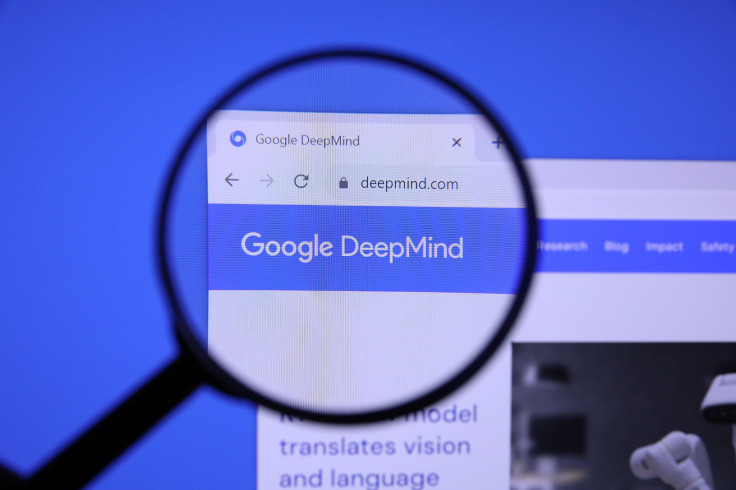
Google's artificial intelligence (AI) research laboratory, DeepMind, has developed AlphaFold 3, a new AI tool designed to revolutionise our understanding of the human body. The latest AI model is also expected to facilitate and expedite the creation of vaccines and treatments.
Google boasts that AlphaFold 3, developed in collaboration with Isomorphic Labs, features impressive accuracy in predicting the structures and interactions of life's fundamental molecules, including proteins, DNA, and RNA.

The new model leverages its ability to create 3D models of biomolecules, including large proteins, DNA, and RNA, along with smaller molecules called ligands. This visualisation power enables researchers to witness how these molecules interact within the intricate dance of life and grants them more profound insights into the processes governing health and disease.
AlphaFold three and its Groundbreaking Capabilities
Building upon the groundbreaking protein structure prediction achieved by AlphaFold 2 in 2020, AlphaFold 3 marks the next step in this revolutionary technology. While AlphaFold 2 excelled at protein structure prediction, AlphaFold 3 breaks new ground by predicting the structure and interactions of a broader range of cellular molecules, including DNA, RNA, and even miniscule drug molecules.
AlphaFold 3 offers a panoramic view of the cellular machinery by enabling visualization of these interactions, revealing how its various elements work in concert. By divulging details about how drugs bind to proteins and other cellular components, AlphaFold 3 allows researchers to better understand the human immune system and unlock the secrets of viruses like the coronavirus that causes COVID-19.
Fast-tracking Treatments and Vaccines
With this new knowledge, researchers can develop more effective treatments and vaccines for various diseases. "So far, millions of researchers globally have used AlphaFold 2 to make discoveries in areas including malaria vaccines, cancer treatments, and enzyme design," the Google DeepMind AlphaFold team noted in a blog post.
Drug development has historically been a slow, resource-intensive, and arduous task, often leaving promising candidates to fall by the wayside in clinical trials. AlphaFold 3, however, can fast-track the identification of the most viable candidates and pave the way for swifter development of life-saving treatments.
Showcasing their commitment to scientific collaboration, the AlphaFold team has launched the AlphaFold Server, a free platform where researchers can leverage AlphaFold 3 for non-commercial endeavours.
Biologists can use the server to generate structural models of proteins, DNA, RNA, ligands, ions, and chemical modifications. AlphaFold 3's potential extends far beyond human health.
The new model can empower researchers to unlock the secrets of healthier, more resilient crops by illuminating the intricate interactions between enzymes and plant cells. In other words, it can pave the way for advancements in agriculture and global food security.
Being an AI model, AlphaFold 3 necessitates careful boundaries to avoid misuse. Google acknowledges this responsibility and is committed to ethically developing and using AlphaFold 3.
Google strives to minimise risks and ensure that this technology benefits everyone by collaborating with experts across diverse fields. Google Cloud Platform introduced Vertex AI Search last year to build on its commitment to healthcare innovation. This tool empowers healthcare workers to seamlessly search across diverse databases, documents, and even public websites, aiding them in their vital work.
DeepMind isn't stopping at protein folding. An earlier report revealed they're exploring generative AI for various personal and professional tasks, including offering life advice, crafting planning guides, generating creative ideas, and even providing tutoring assistance.







